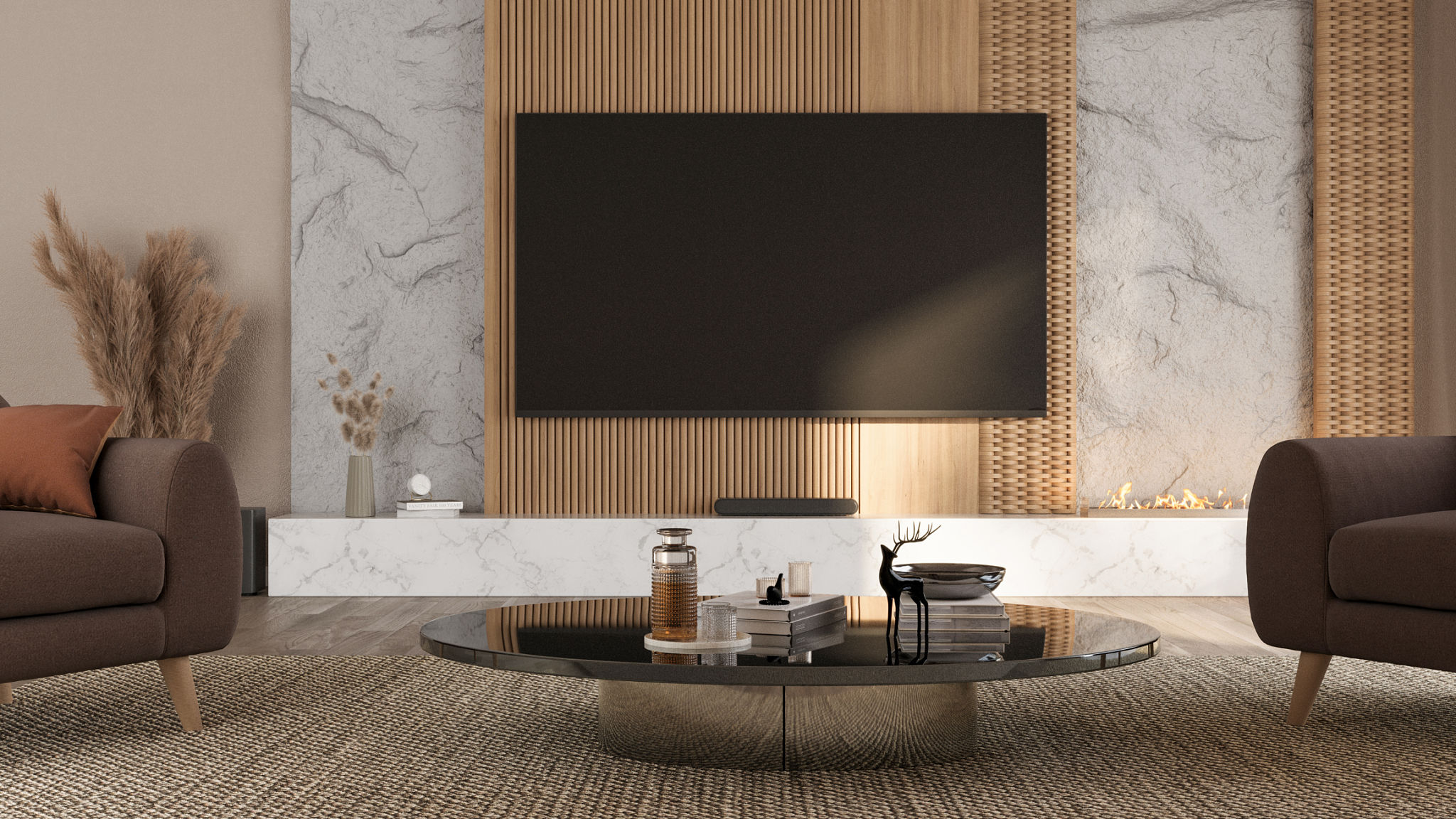Designing the Perfect Home Theater: Everything You Need to Know
AP
Understanding Your Space
Designing the perfect home theater begins with understanding your space. Assess the dimensions of the room where you plan to set up your theater. This will help determine the size of the screen, the seating arrangement, and the acoustics. Measure the width, length, and height of the room to know what equipment will fit comfortably.
Consider the room's layout and how light enters. Natural light can impact your viewing experience significantly, so it's essential to think about window treatments or choosing a room with minimal natural light.

Choosing the Right Equipment
Display Options
When it comes to display options, you have several choices, such as a TV or a projector and screen setup. For a cinematic feel, projectors are a popular choice, but they require a darker room and a larger wall space. TVs, on the other hand, are easy to set up and work well in brighter rooms.
Sound Systems
Audio quality is just as important as the visual aspect of a home theater. Invest in a quality surround sound system to enhance the immersive experience. Consider configurations like 5.1 or 7.1 channel systems to provide a full range of sound. If space or budget is a concern, soundbars can also offer a decent upgrade from standard TV speakers.

Seating and Comfort
Comfortable seating is crucial for enjoying long movie marathons or binge-watching your favorite series. Opt for recliners or plush sofas that provide support and comfort. Consider seating arrangements that allow everyone to have a clear view of the screen.
Think about the number of people you want to accommodate. A traditional theater style with rows of seats might be ideal for larger gatherings, while a more casual setup with bean bags or a sectional sofa might suit a family setting.

Optimizing Acoustics
Acoustic treatment can make a huge difference in sound quality. Adding carpets, heavy curtains, and acoustic panels can help minimize echo and improve sound clarity. Pay attention to speaker placement to ensure balanced audio distribution throughout the room.
Lighting Considerations
Lighting plays a vital role in creating the right ambiance in your home theater. Install dimmable lights or smart lighting systems that can be adjusted remotely to suit different movie genres or activities. LED strips behind the screen or along the floor can add a modern touch and enhance the overall viewing experience.
Integrating Technology
Smart technology can elevate your home theater by making it more convenient and enjoyable. Consider integrating voice-controlled assistants or universal remotes to manage your system effortlessly. Automation systems that control lighting, temperature, and audio-visual equipment can make your home theater experience seamless.

Personalizing Your Space
Your home theater should reflect your personal style and preferences. Add decorative elements like movie posters, themed decor, or a popcorn machine to create an inviting atmosphere. Personal touches can make the space feel unique and tailored to your taste.
Remember, designing the perfect home theater is about creating a space where you can relax and enjoy entertainment in comfort and style. With careful planning and attention to detail, you can create a home theater that rivals the best cinemas.